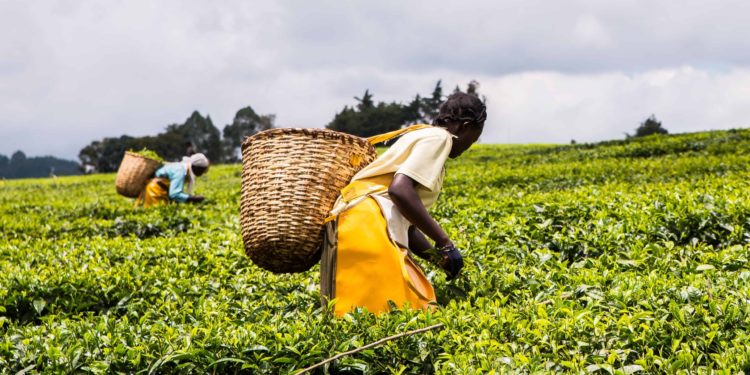Kenya’s agricultural sector presents significant opportunities for investment, driven by its critical role in the country’s economy. Agriculture, Forestry and Fishing activities grew by 4.8 per cent in the second quarter
of 2024 compared to 7.8 per cent growth in the corresponding quarter of 2023. According to data from KNBS. Agriculture employs nearly 70.0% of the rural population, making it a cornerstone of economic development, according to the Central Bank of Kenya. With a rising demand for food, growing global markets, and advancements in technology, this sector offers substantial potential for both local and international investors.
One of the key opportunities lies in agribusiness value addition. Most agricultural products in Kenya, such as coffee, tea, and horticultural crops, are exported in raw form, limiting the potential for higher profits. Investments in processing, packaging, and branding can significantly increase the value of these products, opening up premium markets both locally and globally. For instance, value addition in coffee processing has seen Kenyan coffee brands gaining recognition internationally for their quality and uniqueness.
Another promising area is agricultural technology (AgriTech). Innovations such as precision farming, mobile-based farm management apps, and modern irrigation systems are transforming traditional farming practices. These technologies improve yields, reduce costs, and minimize environmental impacts. Startups like Twiga Foods are leveraging digital platforms to connect small-scale farmers with markets, addressing inefficiencies in the supply chain while generating investor returns.
Kenya’s horticulture and floriculture sectors also present lucrative investment opportunities. The country is among the leading exporters of flowers and fresh produce to Europe. With ongoing investments in cold storage facilities, logistics, and air freight, investors can tap into this market by enhancing export capacity or diversifying product offerings.
The livestock industry is another untapped frontier. Kenya’s arid and semi-arid lands (ASALs) are suitable for livestock farming, particularly goats, camels, and beef cattle. Investments in breeding programs, animal health, and processing facilities can unlock this sector’s potential.
Finally, the renewable energy-agriculture nexus, such as solar-powered irrigation systems and biogas production, provides dual benefits of boosting agricultural productivity and advancing sustainability. With supportive government policies, including subsidies and incentives for agribusiness investors, Kenya’s agricultural sector is positioned as a dynamic investment frontier. For long-term returns, combining innovative technologies with sustainable practices can unlock immense value for investors while addressing food security challenges.
















